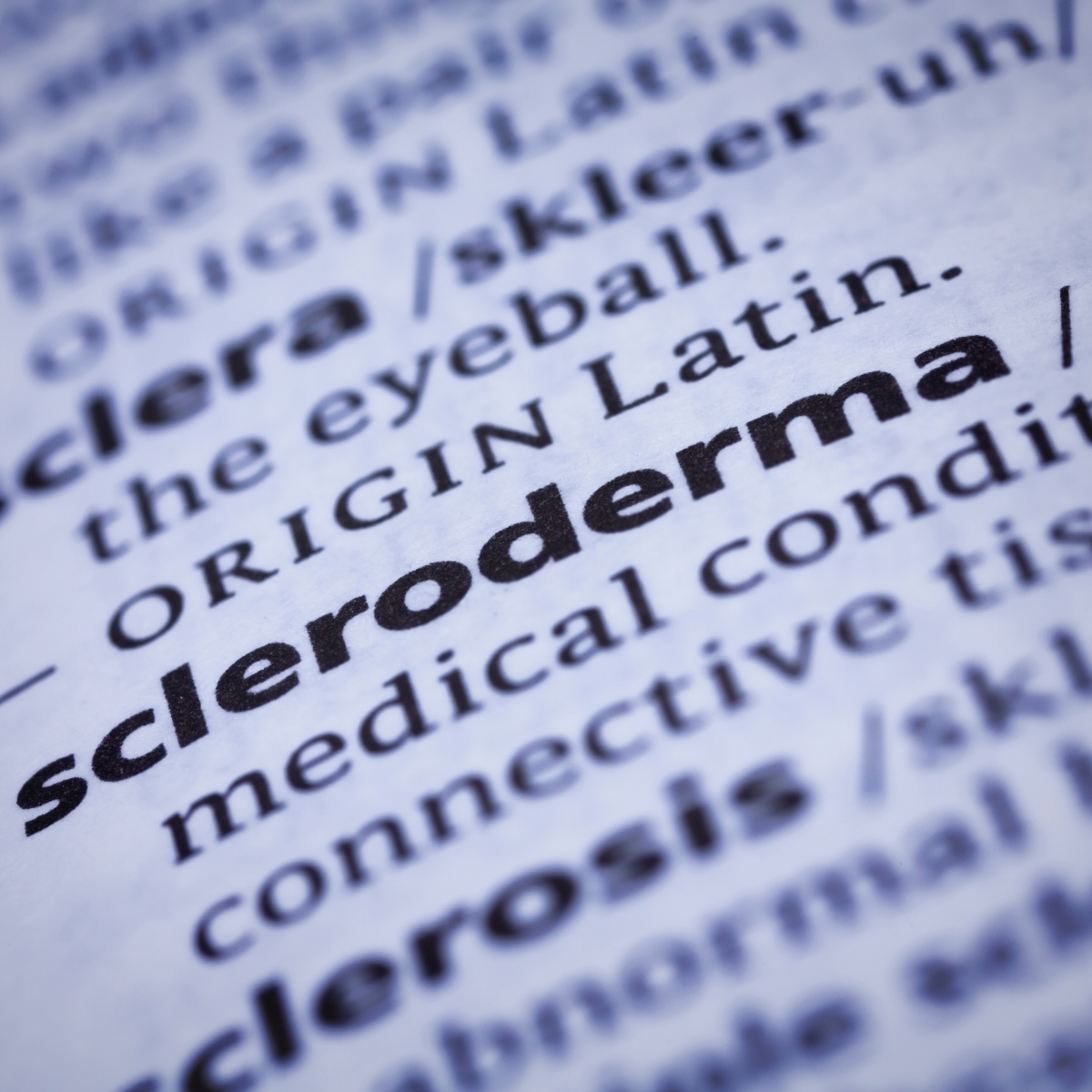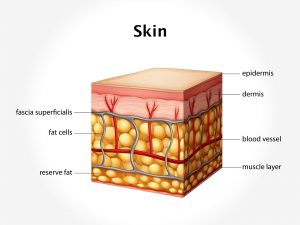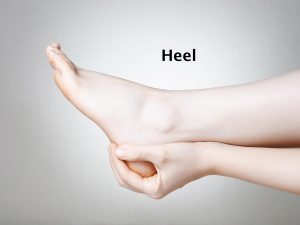Causes and risk factors
Limited scleroderma is an autoimmune disorder. In this, the body produces excessive amount of collagen, which is an important component of connective tissue. This excess collagen accumulates in skin and other organs, disturbing their functions.
Clinical presentation
CREST stands for C – calcium deposition under skin, R- Reynaud’s phenomenon, E – esophageal dysmotility, S – sclerodactyly – thickening of skin of fingers, T – telangiectasias, i.e. enlargement of blood vessels. Skin changes such as straight lines or oval patches of skin with thickening, tightening and hardening due to calcium deposits under the skin mainly elbow, knees, fingers, glossy or shiny appearance of the skin, restriction of movement of the affected area is seen. In Reynaud’s phenomenon, exposure to cold environment results in colour changes in the fingers due to temporary reduction of blood flow. This can lead to finger swelling, colour changes, numbness, pain, skin ulcers and gangrene on the fingers and toes. Telangiectasias involve enlarged red blood vessels on the hands, face and around nail beds. Dysphagia i.e. difficulty in swallowing along with bloating, heartburn, constipation is experienced by the patient.
Investigation
Medical history by the patient and Clinical examination by the dermatologist helps in diagnosis. Routine blood test for antibodies is recommended. Special blood tests for ANA levels shows elevated levels. A skin biopsy is advised. X ray of bones is done for detection of calcium deposits.
Treatment
Treatment involves medications like antacids, blood pressure lowering drugs, immune suppressing drugs. Topical corticosteroids will also help in managing the condition. Supportive care with physiotherapy, occupational therapy is given to prevent further complications. Further treatment consists of surgical intervention for removal of calcium deposits is useful. Surgical treatment for dilated blood vessels will be done. Amputation in cases of gangrene is required.
Other Modes of treatment
The other modes of treatment can also be effective in treating Limited scleroderma. Homoeopathy is a science which deals with individualization considers a person in a holistic way. This science can be helpful in combating the symptoms. Similarly the ayurvedic system of medicine which uses herbal medicines and synthetic derivates are also found to be effective in treating Limited scleroderma.
























